Character Profiles
Characters are the emotional and narrative core of any story. While plot moves the story forward, characters give it meaning. They allow the audience to feel, relate, and invest in what’s happening. Through their desires, fears, and decisions, characters create tension, drive conflict, and deliver growth — all essential elements of compelling storytelling.
🧭 Protagonists & Allies
⚔️ Antagonists
🧩 Character Archetypes
Characters
Adira
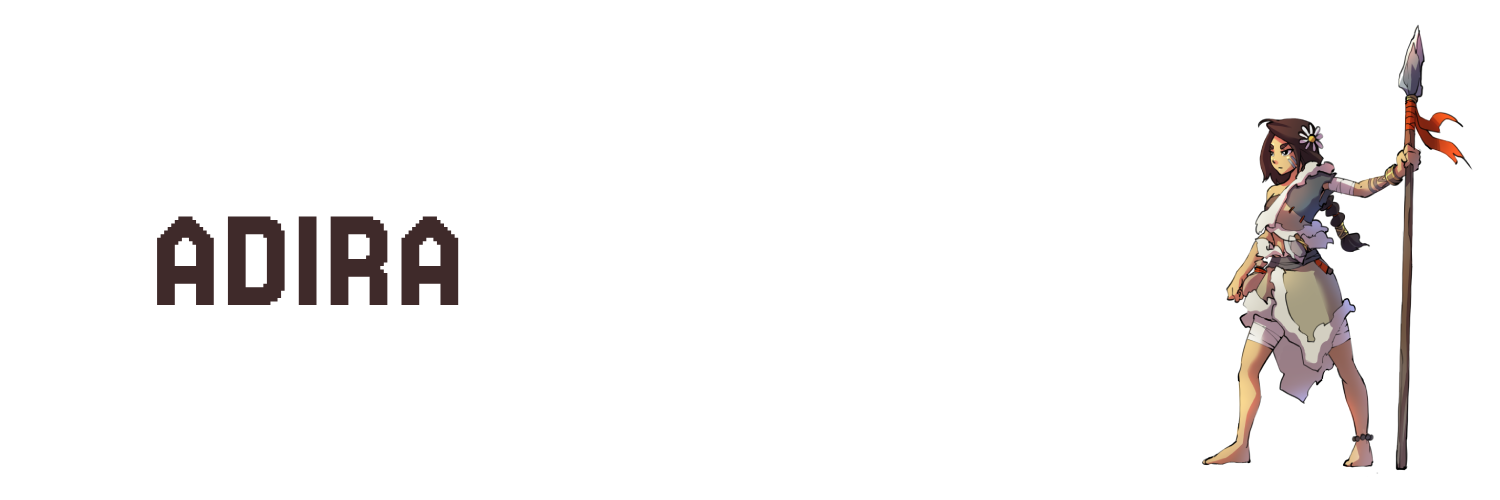
Role in Story
Protagonist — a young huntress on a journey of survival, self-discovery, and independence.
Personality
Headstrong, resourceful, and emotionally guarded. Speaks plainly, often with clipped honesty. Deeply loyal but reluctant to show vulnerability.
Motivation
She wants to prove she can survive without relying on others — especially Torion. Her drive stems from feeling underestimated and burdened by expectation.
Conflict
Struggles between independence and connection. Internally, she fears abandonment and weakness. Externally, she's hunted by the Ursa clan and must learn to trust allies.
Relationships
- Torion – Father figure; complicated dynamic of protection vs control
- Freyana – Best friend; opens Adira up emotionally
- Salzo & Dhoron – Mentors with contrasting views of strength and leadership
Arc Summary
Begins as a defiant, isolated survivor. Over time, she learns that true strength comes from connection, not just self-reliance. Ends with greater emotional maturity and a sense of belonging.
Torion
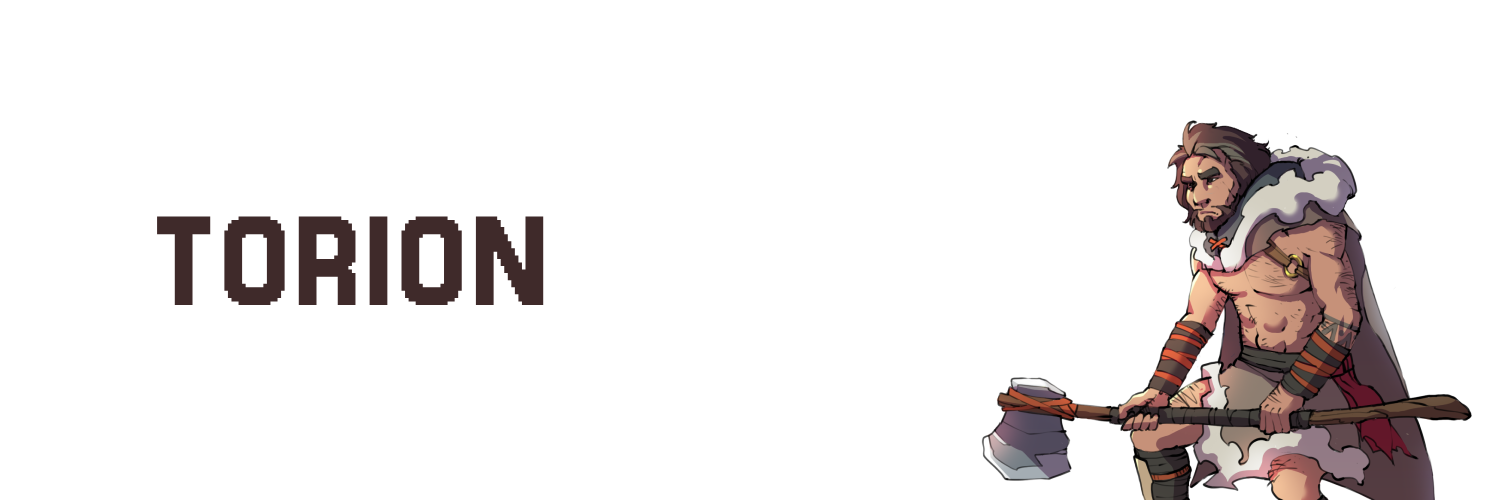
Role in Story
Mentor and father figure — once a fierce warrior, now a protective and emotionally distant guardian trying to shield Adira from the world.
Personality
Stoic, disciplined, and cautious. Speaks with weight and intent. Rarely shows emotion but feels deeply beneath the surface.
Motivation
Wants to keep Adira safe at all costs — even if that means controlling her choices. Driven by guilt from his past and fear of losing her like others before.
Conflict
Struggles to balance protection with allowing Adira to grow. Internally, he wrestles with his past actions and whether he deserves forgiveness or redemption.
Relationships
- Adira – Adopted daughter; torn between his love and his inability to let go
- Ursa Clan – Former family; a history he’s tried to bury and escape
Arc Summary
Starts as a distant, overprotective figure. Through loss and confrontation, he learns to trust Adira’s strength and ultimately supports her autonomy — even if it costs him everything.
Freyana
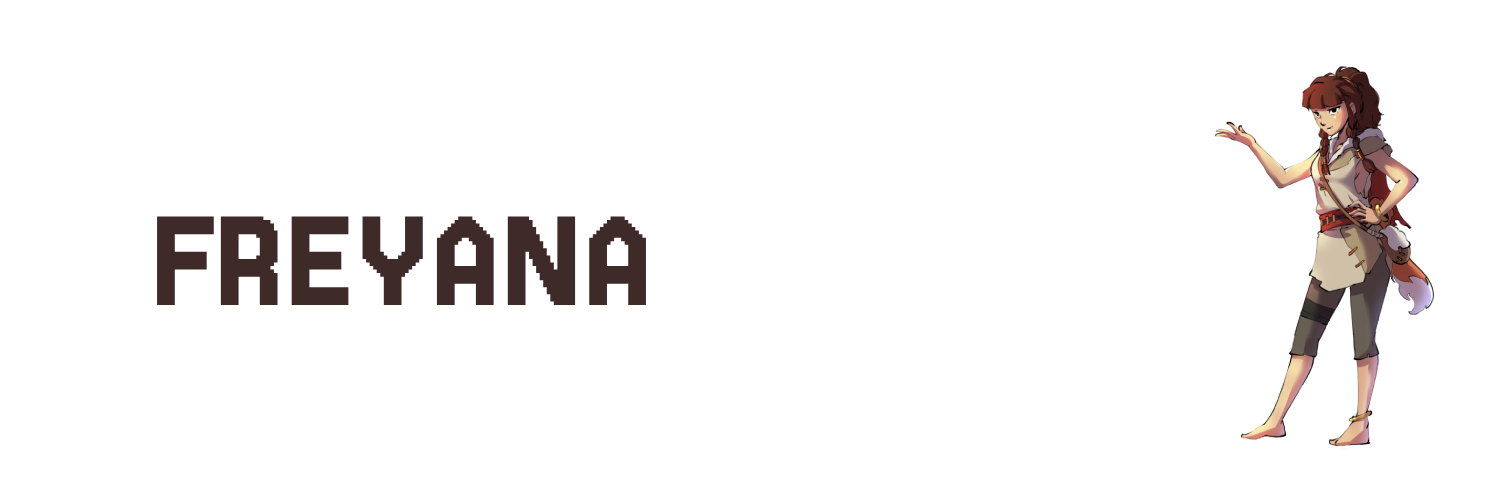
Role in Story
Sidekick / Deuteragonist — a talkative and emotionally attuned healer who accompanies Adira, offering warmth, support, and a moral counterbalance to Adira’s impulsiveness.
Personality
Overly friendly, emotionally sensitive, and desperate to belong. Freyana is caring and light-hearted on the surface, but deeply insecure underneath. She avoids conflict, often sacrificing her own needs to make others happy.
Motivation
She wants to feel accepted and needed. Her drive to help others stems from a lifelong fear of being unloved or left behind. Healing gives her purpose and identity.
Conflict
Freyana constantly battles between her desire to please and her own unspoken needs. Her fear of letting people down — especially Adira — causes her to overextend herself and lose sight of her own voice.
Relationships
- Adira – Closest friend; deeply admires her bravery but often feels like she has to “keep up” emotionally and physically
- Wayoun – Deceased brother; her greatest loss and source of motivation to become a healer
- Forn (stepfather) – Source of trauma and neglect; his rejection shaped her self-worth
Arc Summary
Starts as a bubbly companion masking her insecurities with humour and kindness. Over time, she begins to assert herself and discover her own agency — not just in helping others, but in choosing what she truly wants from life.
Salzo
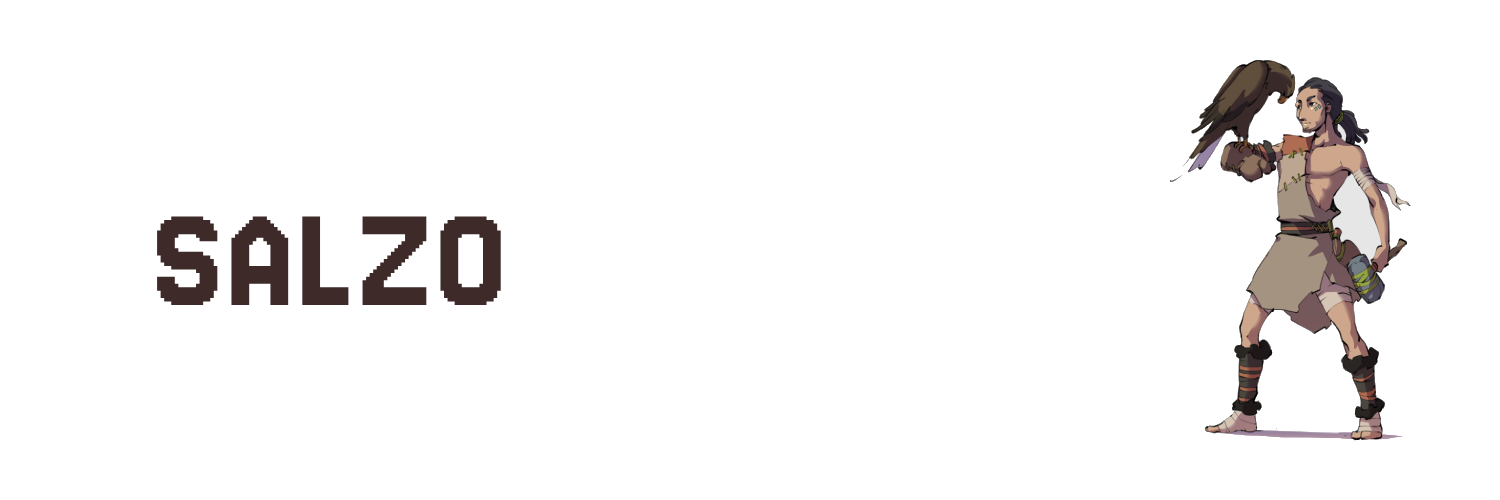
Role in Story
Sidekick / Deuteragonist / Dynamic / Love Interest — a quiet, skilled survivalist and craftsman from the fallen Aquilla (Eagle) tribe, who develops a growing bond with Adira.
Personality
Reserved, observant, and highly intelligent. Salzo is more comfortable with tools and animals than people. He has a dry wit, is practical, and shows affection through actions rather than words. Though non-confrontational, he’s quietly competitive and emotionally driven beneath the surface.
Motivation
Seeks belonging and emotional connection after losing his tribe. His bond with his eagle Keechi symbolizes his yearning for companionship and loyalty. His fascination with Adira gradually becomes a need for validation and emotional intimacy.
Conflict
Struggles between being helpful and overstepping — especially as his fixation on Adira grows. He is torn between staying true to his quiet, supportive nature and trying to prove himself in a world that values strength and aggression.
Relationships
- Adira – Initially captivated by her; his admiration evolves into affection, then obsession
- Dhoron – A source of constant friction; they clash over values and manhood
- Keechi (his eagle) – His most trusted companion; a symbol of trust, solitude, and heritage
Arc Summary
Starts as a supportive, slightly awkward outsider with valuable survival skills. As tension builds, his feelings for Adira complicate his judgment. By the end, he must confront his possessiveness and decide whether he’s truly acting out of love — or loneliness.
Dhoron
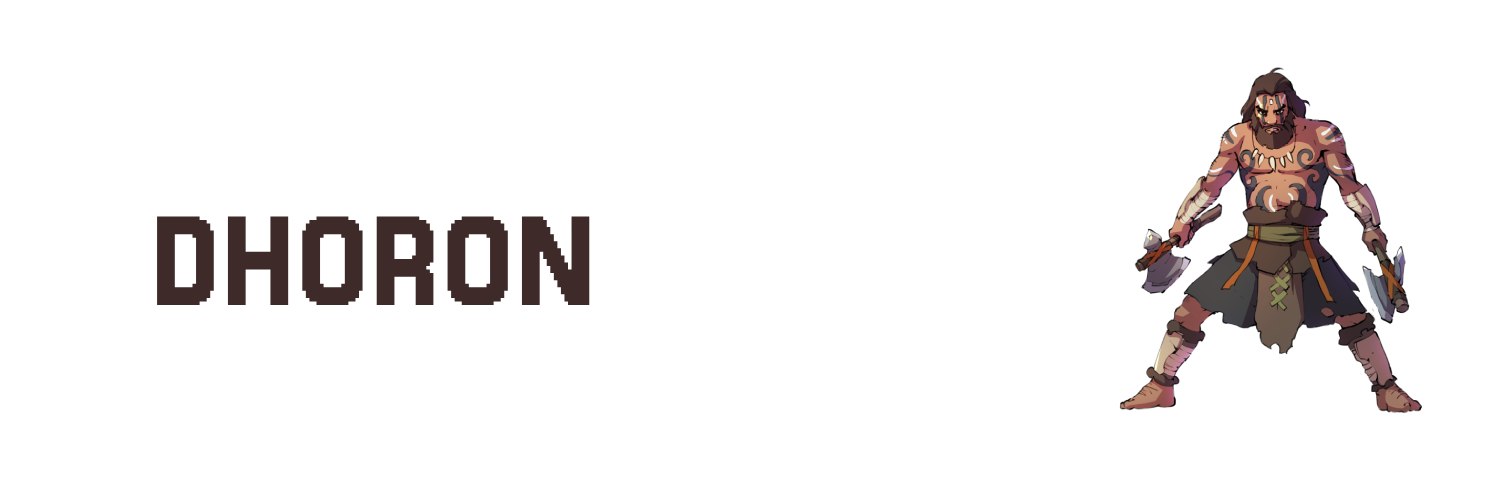
Role in Story
Foil — a hardened warrior and reluctant ally from the fallen Wolf Tribe. He frequently challenges Adira’s ideals and growth, serving as both critic and eventual supporter.
Personality
Gruff, blunt, and confrontational. Dhoron lacks tact and empathy, often coming off as aggressive or antagonistic. He’s fiercely loyal to his people and deeply pragmatic, believing survival comes from strength and caution, not emotion or idealism.
Motivation
Driven by loss and duty — especially the death of his son at the hands of Lorak. He seeks to protect what remains of his tribe and will do whatever is necessary to keep them alive, even if it means rejecting others or appearing heartless.
Conflict
Battles with his resentment toward outsiders, especially Adira, who reminds him of everything he’s lost and what he fears — youthful recklessness, false hope, and unearned leadership. Deep down, he wrestles with guilt and emotional repression.
Relationships
- Adira – A source of constant tension; he sees her as naïve and entitled, but eventually recognizes her strength
- Salzo – A frequent rival; they bicker often, though Dhoron masks his grudging respect
- Lorak – The man who killed his son; Dhoron’s hatred for Lorak is personal, not just political
Arc Summary
Begins as a bitter, closed-off survivalist who resents Adira’s presence. Over time, his respect for her grows, and he reveals a more honourable side — ultimately risking himself to support her cause and confront his past with dignity.
Eremiza
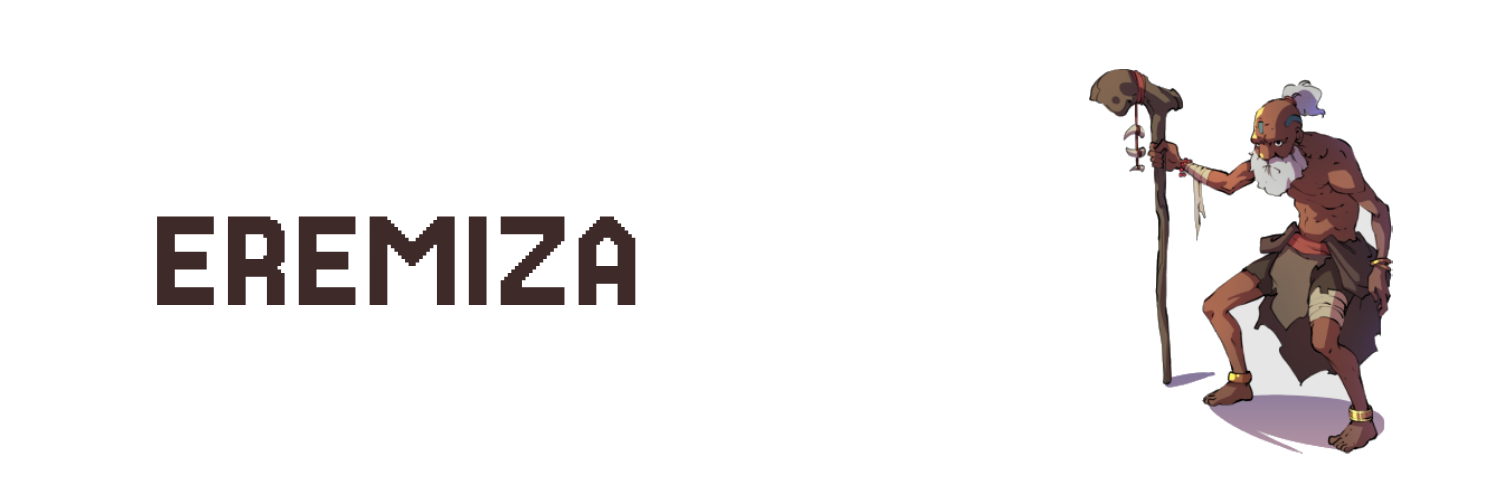
Role in Story
Mentor / Informer / Static — a wise, frail elder and former member of the Ursa tribe who now acts as a peaceful guide and moral compass within the Falls tribe.
Personality
Gentle, thoughtful, and quietly humorous. Eremiza is introspective and riddled with age, yet sharp-minded. He’s patient and slow to speak, but when he does, his words carry weight. Sentimental, with a strong sense of legacy.
Motivation
Seeks peace in his final years and hopes to nurture a community built on compassion, not conquest. He’s driven by a quiet duty to right the wrongs of his past through knowledge-sharing and the guidance of the next generation.
Conflict
Torn between the burden of his history with the Ursa and the need to protect his new tribe. He fears speaking too openly about Torion’s past might unravel fragile alliances. Must balance honesty with wisdom.
Relationships
- Adira – Takes a special liking to her; sees potential and passion reminiscent of Torion, whom he once respected
- Torion – Former ally and friend; he guards his knowledge of Torion's history out of both loyalty and caution
- Falls Tribe – Serves as a quiet mediator and storyteller, respected for his wisdom and neutrality
Arc Summary
Introduced as a reclusive elder with a mysterious past. Gradually becomes a key figure in Adira’s development, offering guidance, cryptic lessons, and private counsel. His influence is subtle but lasting, acting as the moral thread that binds the tribe’s values.
Lorak
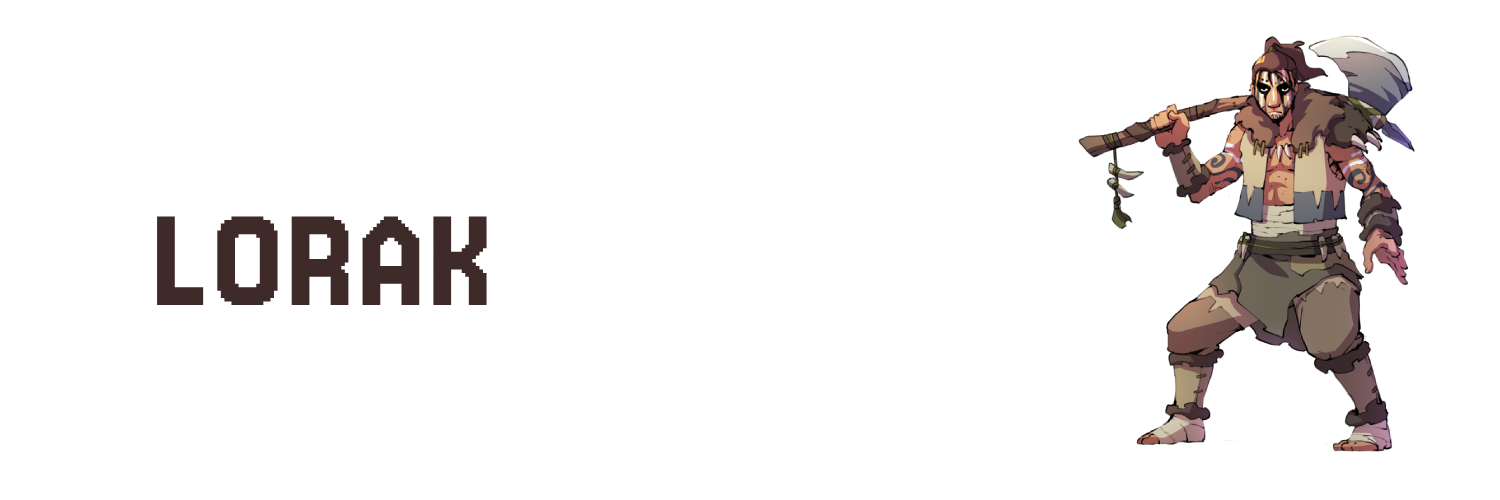
Role in Story
Primary Antagonist — Torion’s younger brother and the brutal enforcer of the Ursa tribe’s values. Fueled by jealousy, pride, and a desperate need for approval.
Personality
Dominating, bitter, and insecure beneath the surface. Lorak hides emotional wounds behind a mask of strength and aggression. He speaks with authority, but his words often reveal envy and desperation for recognition.
Motivation
Seeks validation from his father, Zaskad, and wants to prove he is worthy of leading the Ursa tribe. His greatest obsession is stepping out from Torion’s shadow and being seen as the true Alpha.
Conflict
Torn between duty to his tribe and his festering resentment toward Torion. He convinces himself that Torion’s abandonment was betrayal, but deep down, he’s still seeking his brother’s acknowledgement — or downfall.
Relationships
- Torion – Older brother and lifelong rival; Lorak both hates and admires him, and is haunted by his absence
- Zaskad (The Shaman) – Craves his approval but never receives it, leading to feelings of inadequacy and rage
- Seega – One of the few who truly understands him, but he ignores her counsel in favour of proving himself
Arc Summary
Starts as a confident, violent leader on a quest to reclaim Torion and restore the tribe’s dominance. As the story unfolds, his insecurities unravel, revealing a tragic figure shaped by rejection, obsession, and a thirst for power he may never truly earn.
Zaskad (The Shaman)
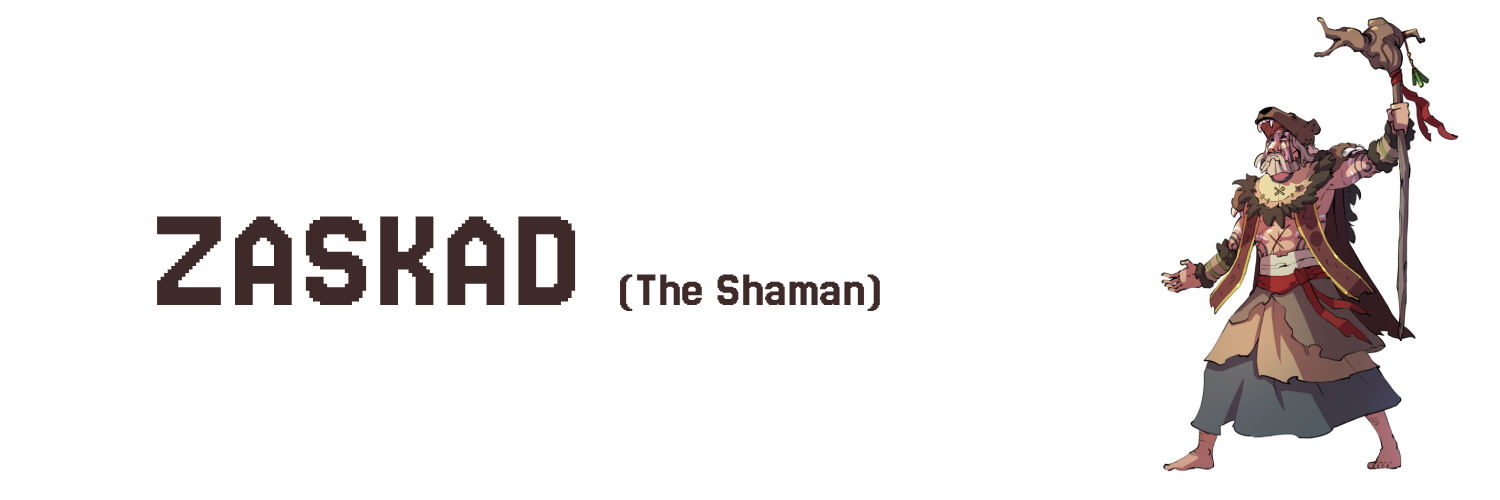
Role in Story
Antagonist / Patriarch — the spiritual and authoritarian leader of the Ursa tribe, and father to both Torion and Lorak. A manipulative figure who hides cruelty behind the guise of divine will.
Personality
Dogmatic, prideful, and commanding. Zaskad believes his actions are justified by prophecy and ancestral gods, but in truth, he uses religion to maintain control. He is unyielding, ritualistic, and views emotions as weakness.
Motivation
Wants to ensure the survival and dominance of the Tukcha (Neanderthal) race, believing they are divinely chosen. He sees Torion — not Lorak — as the only worthy successor and is determined to reclaim him to lead the tribe after his death.
Conflict
Struggles with the decline of his power and legacy. His obsession with purity and strength blinds him to the emotional destruction he causes in his sons. Though he speaks of destiny, his true fear is irrelevance.
Relationships
- Torion – Favourite son; Zaskad feels betrayed by his departure but remains fixated on bringing him back to lead
- Lorak – Sees him as inadequate and impulsive, a poor replacement for Torion
- Ursa Tribe – Controls them through fear, tradition, and ritual sacrifice, framing cruelty as holy
Arc Summary
Begins as a dominant tribal figure enforcing a rigid worldview. As Torion defies him and the tribe fractures, his grip loosens and desperation grows. His refusal to adapt ultimately isolates him — revealing the frailty beneath the zealot.
Bruntus
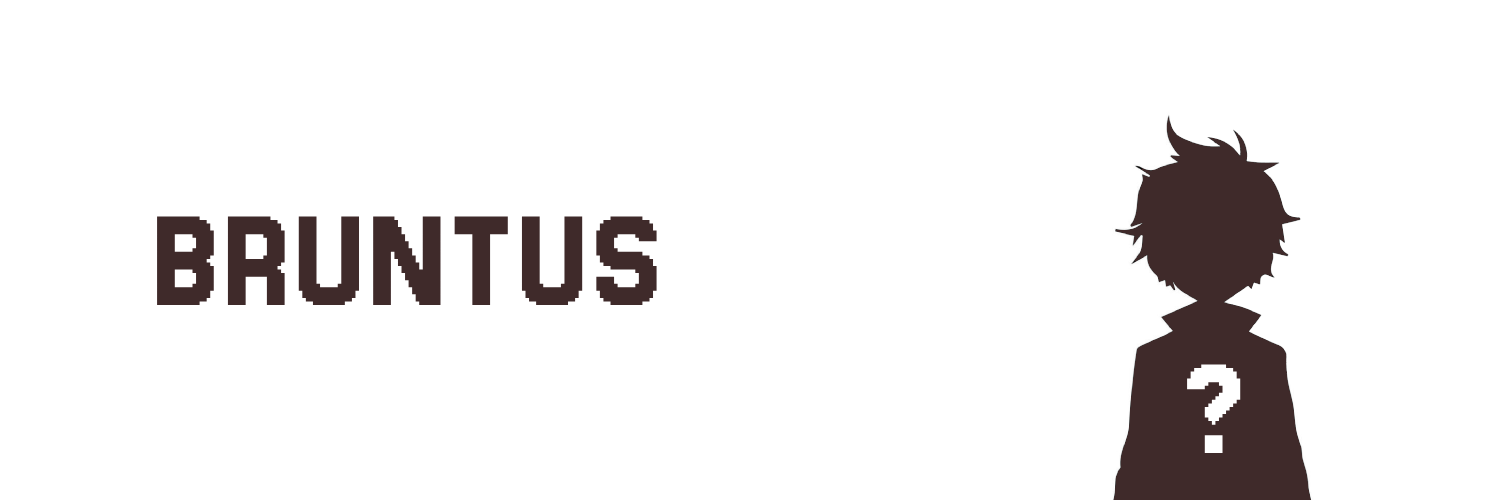
Role in Story
Antagonist Sidekick / Static — Lorak’s loyal but dim-witted companion, a brutish enforcer for the Ursa tribe who serves as comic relief and raw muscle.
Personality
Simple-minded, loud, and fiercely obedient. Bruntus is driven more by instinct than thought, often blurting nonsense or yelling in frustration. Despite his lack of intellect, he is deeply loyal and eager to prove himself in physical contests.
Motivation
Wants to please Lorak and earn approval through physical strength. His world is binary: strength equals worth, weakness deserves mockery or punishment.
Conflict
Lacks independent judgment and is easily manipulated. His blind loyalty leads him into violent or senseless acts, and his inability to understand complex situations can create accidental consequences.
Relationships
- Lorak – Follows him without question; treats him like an older brother or idol
- Igrath & Seega – Fellow Ursa tribe members; Bruntus often misunderstands their tension with Lorak
- Ursa Tribe – Feared and mocked in equal measure; known for winning strength competitions but never trusted with decisions
Arc Summary
Remains largely static — a symbol of the brute force culture of the Ursa. Though he does not grow emotionally, his presence consistently highlights the tribe’s obsession with physical dominance over empathy or intelligence.
Seega
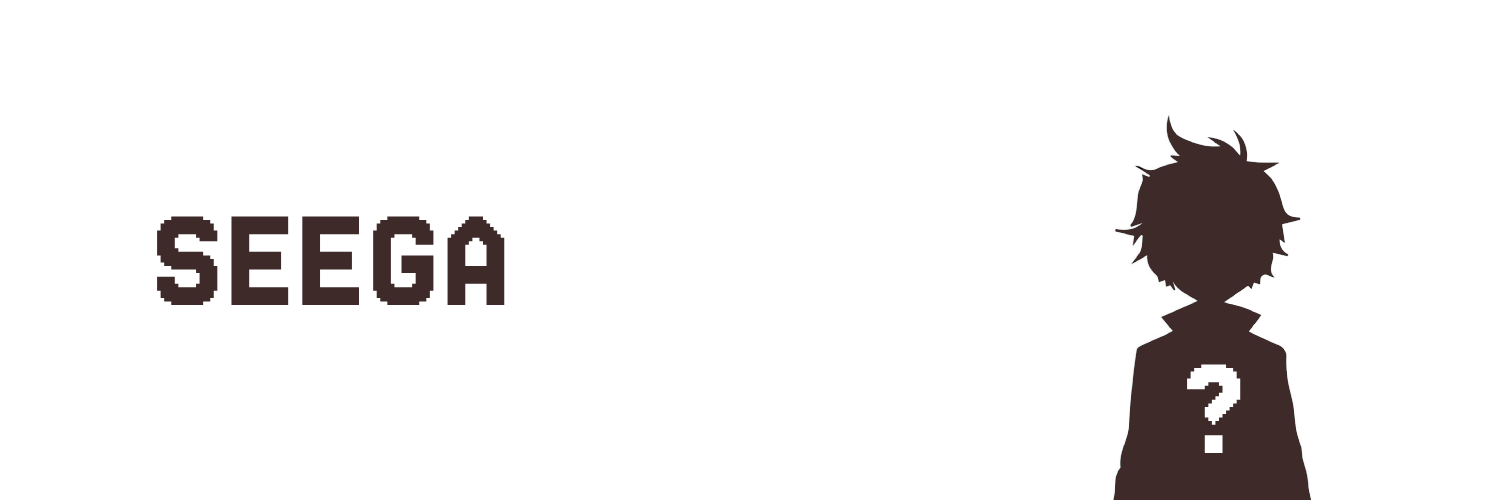
Role in Story
Dynamic Antagonist Sidekick — a former friend of Torion and current member of the Ursa tribe who questions her tribe’s path and quietly resists Lorak’s leadership.
Personality
Loyal, introspective, and quietly conflicted. Seega is sharp-minded and emotionally mature, often masking her doubts with silence or feigned agreement. She’s observant and calculating, with a deep sense of morality buried beneath layers of tribal loyalty.
Motivation
Seeks clarity on why Torion left and what she truly believes in. Torn between allegiance to the tribe she grew up in and a yearning to follow her own conscience.
Conflict
Struggles internally with her loyalty to the Ursa tribe versus her distrust in Lorak’s methods and her lingering feelings for Torion. Her silence makes her complicit, and she knows it — but speaking out could destroy everything she’s built.
Relationships
- Torion – Old flame; deeply affected by his abandonment and torn by his reappearance
- Lorak – Publicly follows him but privately questions his fitness to lead
- Igrath & Bruntus – Colleagues in Lorak’s inner circle; she quietly distances herself from their extremism
Arc Summary
Begins as a seemingly loyal member of the Ursa hunting party, but over time becomes a subtle saboteur. Her choices play a pivotal role in shifting power dynamics within the tribe, and her emotional bond to Torion becomes a catalyst for moral reckoning.
Igrath
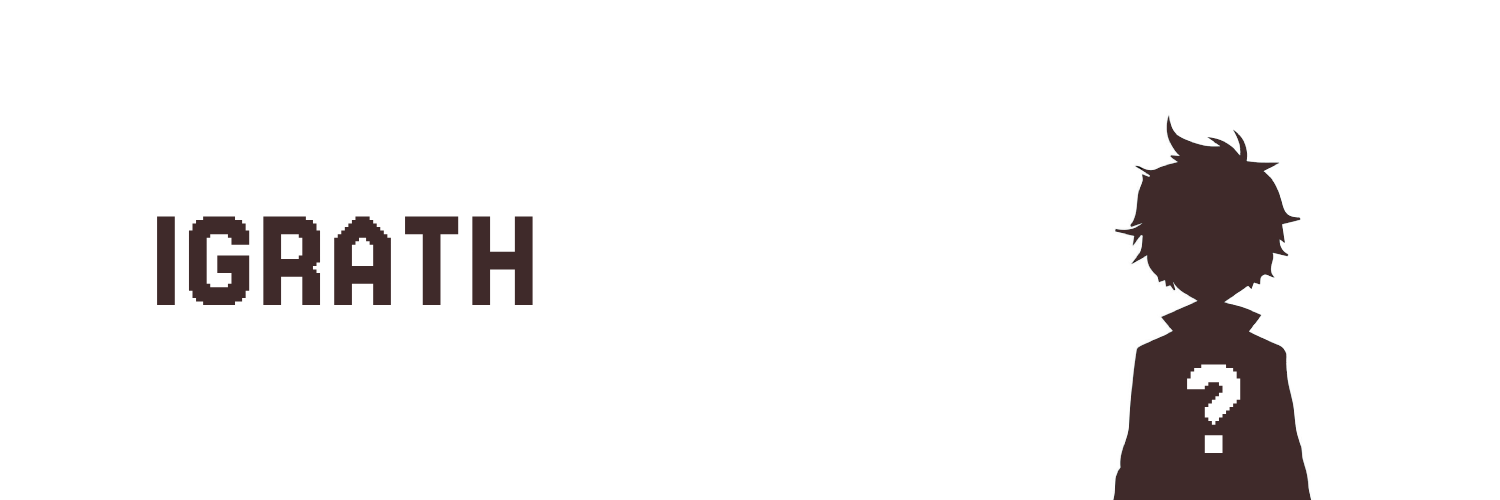
Role in Story
Static Antagonist Sidekick — a spiteful member of the Ursa tribe and childhood rival of Torion, driven by vengeance and blind tribal loyalty.
Personality
Loud-mouthed, arrogant, and quick-tempered. Igrath thrives on stirring conflict and asserting dominance, often using mockery or intimidation to mask deep-seated inferiority. He holds grudges like weapons.
Motivation
Wants to see Torion punished and humiliated for leaving the tribe. His sense of identity is built around strength, obedience, and tribal purity — and Torion’s betrayal challenges all of that.
Conflict
Internally driven by unresolved childhood humiliation and physical scarring from a fire during the Aquilla ambush. His obsession with revenge overshadows logic, making him volatile and short-sighted.
Relationships
- Torion – Hates him with intensity; sees him as a traitor who deserves to suffer
- Lorak – Loyal follower; flatters him and reinforces his leadership, though it’s opportunistic
- Seega – Distrusts her wavering loyalty and occasionally challenges her in Lorak’s presence
Arc Summary
A static figure of hatred and aggression. Acts as the first to track and report on Torion’s whereabouts, setting major plot events into motion. Remains unchanging — a symbol of what happens when bitterness consumes purpose.
Drad
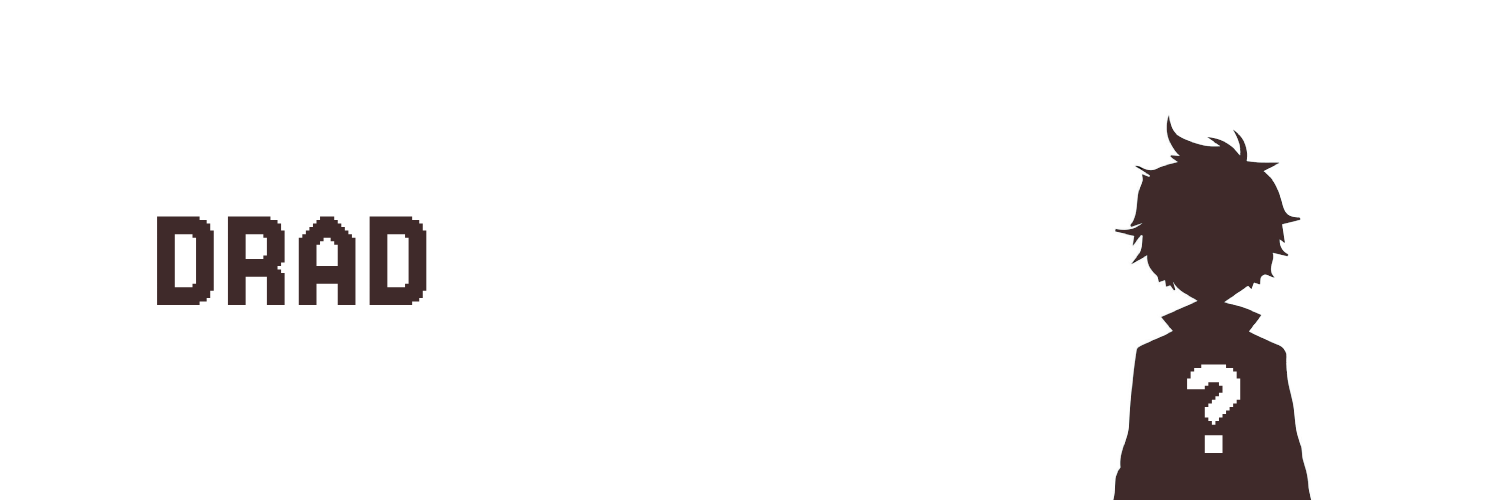
Role in Story
Foil Sidekick — a serious and loyal hunter from the Falls Tribe who supports Dhoron and takes part in the mission to track the Ursa.
Personality
Quiet, focused, and disciplined. Drad doesn't speak unless necessary and rarely displays emotion. He is committed to duty and holds a deep respect for hierarchy and tradition.
Motivation
Wants to prove his worth to the Falls Tribe and earn Dhoron's trust as a capable hunter. He sees contribution to the group as his only path to identity and respect.
Conflict
Internally uncertain whether his stoicism makes him invisible or dependable. He struggles with voicing concerns or ideas, fearing it may seem like dissent.
Relationships
- Dhoron – Looks up to him as a leader and role model; quietly seeks approval
- Other Falls hunters – Holds a professional rapport; prefers teamwork over conversation
- Adira – Watches her warily at first, but grows to respect her resilience
Arc Summary
Introduced as a loyal background figure in the Falls Tribe, Drad steadily becomes a reliable presence during missions. While not emotionally expressive, his consistency and quiet bravery make him a trustworthy companion as tensions rise in the war against the Ursa.
Ursa Clan (Enemies)
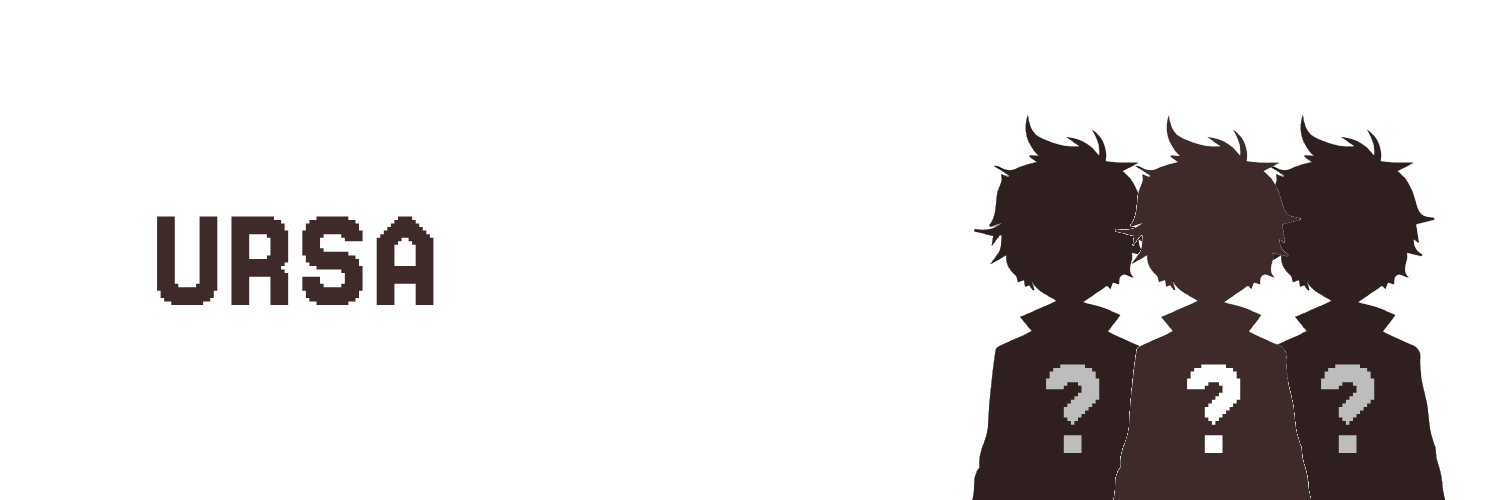
Role in Story
Antagonistic Faction — the dominant tribal force opposing Adira and her allies. They represent a brutal, patriarchal warrior culture rooted in physical dominance, conquest, and tribal purity.
Personality
As a collective, the Ursa are aggressive, tribalistic, and hierarchical. Their members value strength above all else and are conditioned to suppress emotion in favour of fear, intimidation, and loyalty to the Shaman’s vision. Individual personalities vary, but most enforce the same core values: obedience, violence, and a belief in the superiority of the Tukcha (Neanderthal) bloodline.
Motivation
To expand their territory, eliminate perceived weakness, and assert Tukcha dominance by eradicating or sacrificing members of the Cro race. Their purpose is framed by the Shaman as divine, turning warfare and bloodshed into sacred duty.
Conflict
Internally, the tribe is fractured by favoritism (Torion vs. Lorak), resentment, and personal ambition. While unified on the surface, there are cracks in the ideology — with individuals like Seega beginning to question their values. Externally, they’re in constant conflict with other tribes and settlements that represent empathy, cohabitation, or evolution away from savagery.
Relationships
- Zaskad (The Shaman) – Worshipped and feared; viewed as the divine mouthpiece and judge
- Torion – Former hero turned traitor; his absence haunts their ranks and fuels resentment
- Lorak – Acting commander in the field; feared but not universally respected
- Adira & Allies – Seen as a threat to their purity and authority — especially because she represents the Cro race
Arc Summary
The Ursa begin the story as the overwhelming threat — violent, dominant, and unwavering. As the plot progresses, individuals within their ranks show cracks in loyalty or belief. Ultimately, they symbolize the collapsing reign of an outdated ideology, challenged by the rise of unity, compassion, and change.
🧩 Character Archetypes
These archetypes are foundational roles that characters often fulfill in stories. They help structure narrative purpose and emotional function, while still allowing room for complexity and depth.
🟢 Protagonist (The Hero)
- The central figure the audience follows.
- Drives the story through action, decisions, and growth.
- Example: Adira — determined, flawed, and on a journey of identity and leadership.
🔵 Deuteragonist
- Second-most important character; often supports or contrasts the protagonist.
- Offers emotional grounding or alternative viewpoints.
- Example: Freyana — emotionally supportive, conflicted, and nurturing.
🔴 Antagonist
- Opposes the protagonist’s goals, directly or ideologically.
- Creates conflict and tests the hero’s resolve or morals.
- Example: Lorak — power-driven rival and thematic shadow of Torion.
🟠 Foil
- Contrasts with another character to highlight key traits.
- Not necessarily an enemy — often challenges or complements the hero.
- Example: Dhoron — hardened realist who exposes Adira’s naivety.
🟡 Mentor
- Provides wisdom, training, or life lessons.
- Often guides the hero through internal or external challenges.
- Example: Torion — reluctant guardian. Eremiza — spiritual and emotional guide.
🟣 Love Interest
- Romantic or emotional connection for the protagonist.
- Can introduce vulnerability, tension, or growth.
- Example: Salzo — soft-spoken builder with growing affection for Adira.
⚫ Shadow
- A dark mirror of the protagonist.
- Shows what the hero could become if they give in to fear, pride, or vengeance.
- Example: Lorak — consumed by envy, obsession, and need for validation.
⚪ Trickster / Comic Relief
- Disrupts dynamics with humor or mischief.
- Can also reveal truths others overlook.
- Example: Bruntus — brutish and comical, masking tragic blind loyalty.
⚙️ Static / Informer / Elder
- Does not change significantly but provides key information, context, or moral perspective.
- Anchors the story and guides other characters.
- Example: Eremiza — wise elder and keeper of tribal memory.